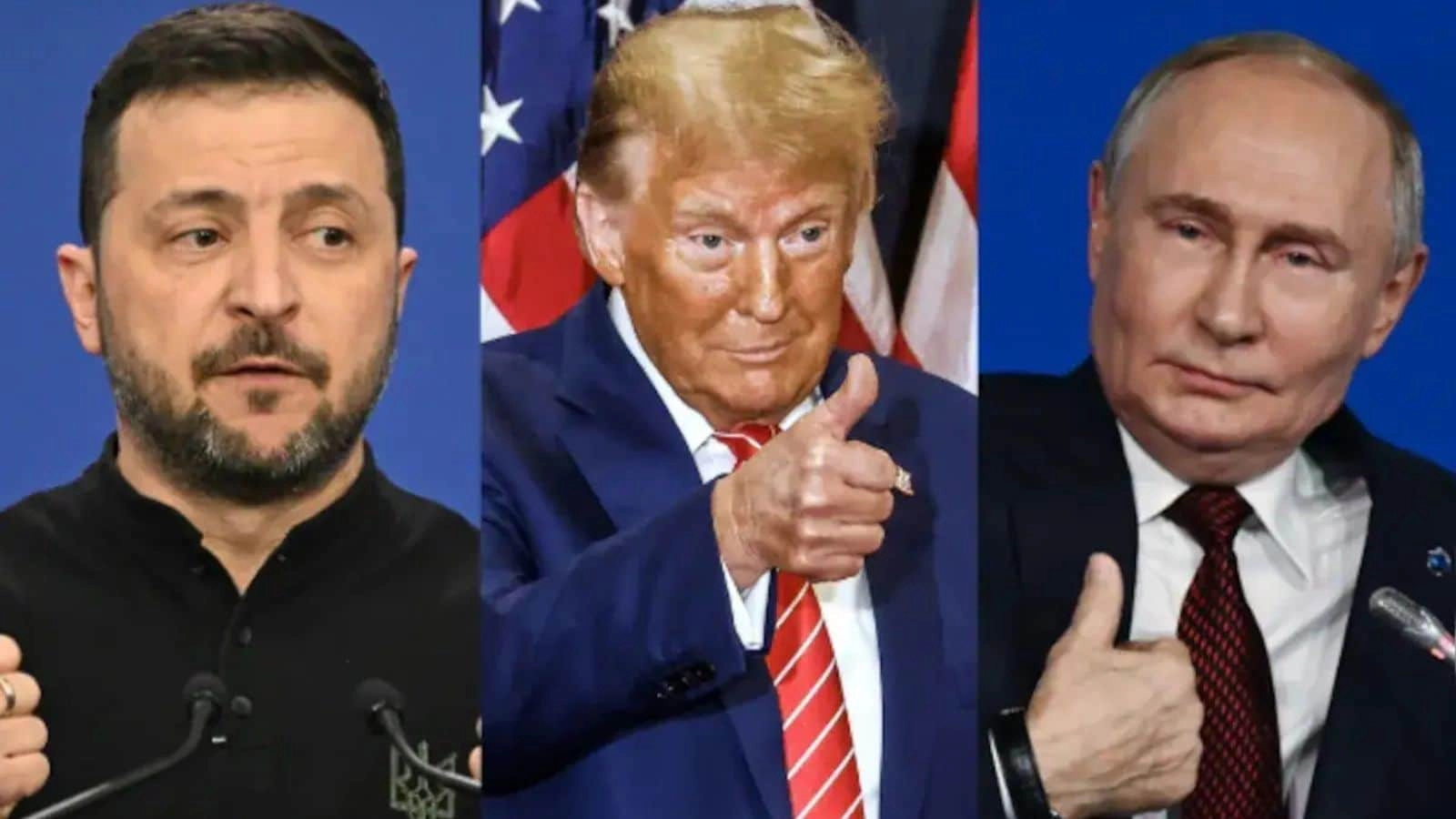The United Nations trade agency has recently called upon the United States to reconsider its approach to tariffs, particularly advocating for the exclusion of poorer nations from such economic penalties. This appeal underscores the growing recognition of the disproportionate impact that tariffs can have on developing economies, which often lack the resources and resilience to absorb the financial shocks associated with increased trade barriers. The agency’s recommendation is rooted in the belief that protecting vulnerable economies can foster global economic stability, promote equitable trade practices, and encourage sustainable development.
Tariffs are intended to shield domestic industries and protect jobs; however, they can also lead to unintended consequences, particularly for smaller and less affluent nations. These countries often rely heavily on exports to the U.S. market, and introducing or maintaining tariffs can stifle their economic growth, hinder development efforts, and exacerbate poverty. By exempting poorer states from tariffs, the U.S. would not only support their economic well-being but also demonstrate a commitment to global equity and cooperation in trade practices.
Moreover, the UN trade agency’s position aligns with broader international efforts to enhance trade inclusivity and reduce inequalities in the global economy. As nations grapple with the challenges posed by climate change, public health crises, and economic disparities, fostering a more inclusive trade environment becomes increasingly vital. By allowing poorer states to engage in trade without the burden of tariffs, the U.S. can help these nations build their capacities, enhance their competitiveness, and ultimately contribute to a more robust and interconnected global economy.
In conclusion, the UN trade agency’s call for the exclusion of poor states from U.S. tariffs highlights a critical opportunity for the United States to play a transformative role in the global economic landscape. By adopting a more equitable approach to trade, the U.S. can not only uplift developing nations but also pave the way for a more stable and prosperous international community. This shift would signal a commitment to fostering sustainable development while recognizing the interconnectedness of today’s global economy, ultimately benefiting all nations involved.




